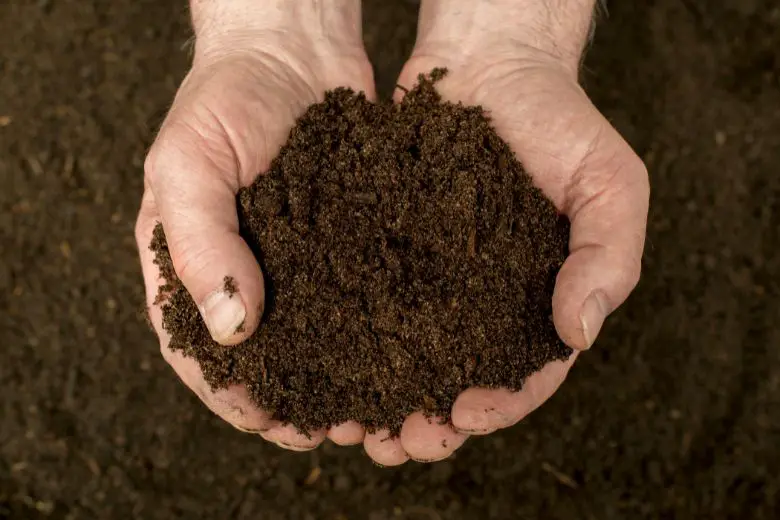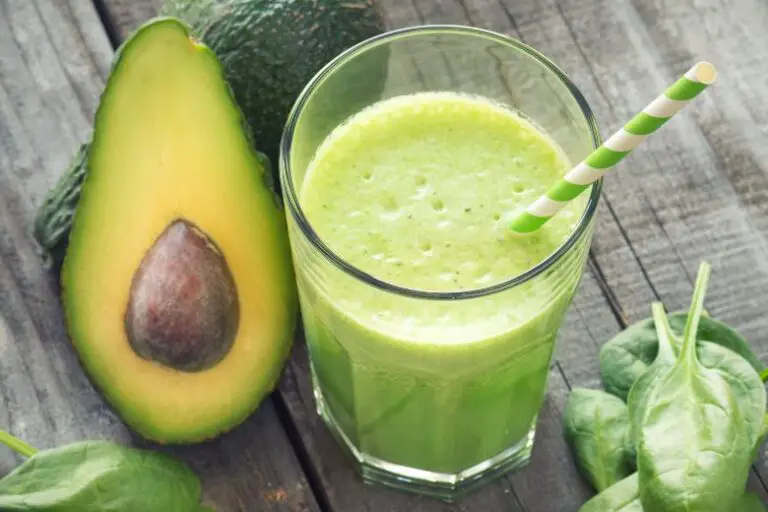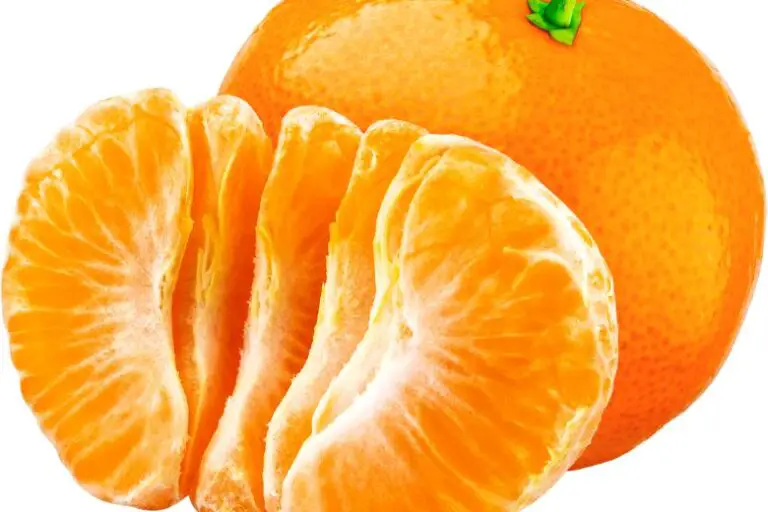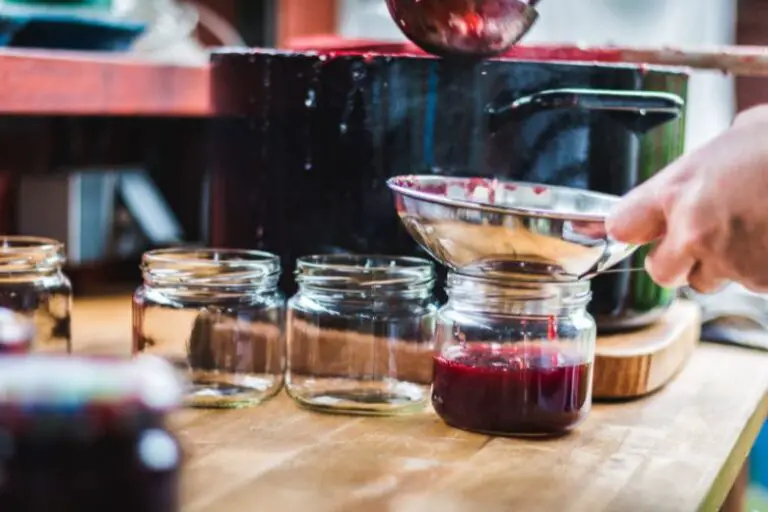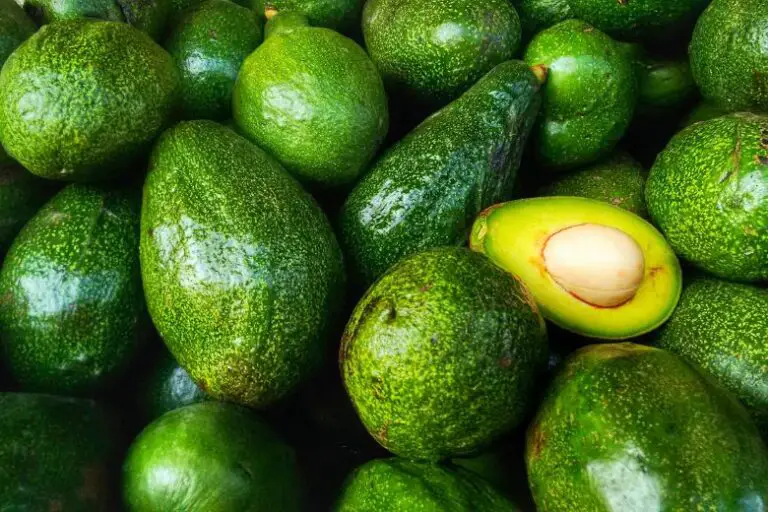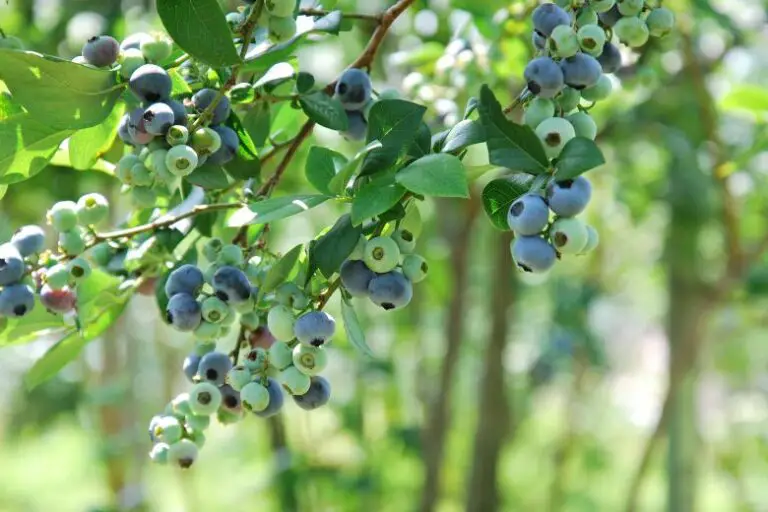Is Mushroom Compost Good for Strawberries
When it comes to cultivating strawberries, ensuring proper soil health is crucial for a bountiful harvest. Mushroom compost, a type of organic matter derived from spent mushrooms, presents an intriguing option for enhancing the growth of these luscious berries. Let’s delve into the world of mushroom compost and its potential benefits for strawberry plants.
Understanding Mushroom Compost
Mushroom compost, often referred to as substrate, is a blend of various organic materials used to cultivate mushrooms. This nutrient-rich compost is formulated using ingredients like straw, agricultural waste, and gypsum. As mushrooms grow, they absorb nutrients from this mixture, leaving behind a potent compost that is packed with essential minerals and organic matter.
Advantages of Mushroom Compost for Strawberries
- Rich Nutrient Content: Mushroom compost is a treasure trove of nutrients such as nitrogen, phosphorus, and potassium, which are vital for robust strawberry growth and development.
- Improved Soil Structure: The organic matter in mushroom compost enhances soil structure, promoting better aeration and drainage. This allows strawberry roots to access oxygen and water more effectively.
- Slow-Release Nutrients: The nutrients in mushroom compost are released gradually over time, providing a steady and consistent supply to strawberry plants throughout their growing season.
- Weed Suppression: Mushroom compost can act as a natural mulch, reducing weed growth and competition for resources.
How to Incorporate Mushroom Compost
Incorporating mushroom compost into your strawberry patch is a straightforward process:
- Prepare the Soil: Clear the planting area and ensure it is free from weeds and debris.
- Apply the Compost: Spread a layer of mushroom compost evenly over the soil surface, aiming for a thickness of about 2 inches.
- Mix and Plant: Gently incorporate the compost into the top few inches of soil. Plant your strawberry seedlings or runners according to your preferred spacing.
- Mulch and Water: Apply a layer of organic mulch on top to conserve moisture and further suppress weeds. Water the plants thoroughly.
Potential Drawbacks to Consider
While mushroom compost offers numerous benefits, there are a few considerations to keep in mind:
- pH Levels: Mushroom compost can be slightly alkaline, which may not be suitable for all plants. Regular soil testing and pH monitoring are essential.
- Salt Content: Some mushroom composts can have elevated salt levels. Choose compost with lower salt content to avoid harming your strawberry plants.
Tips for Successful Strawberry Cultivation
- Variety Selection: Choose strawberry varieties that are well-suited for your climate and growing conditions.
- Sunlight Exposure: Ensure your strawberry patch receives adequate sunlight for optimal growth and fruit production.
- Regular Watering: Strawberries require consistent moisture, especially during flowering and fruiting stages.
- Fertilization: Supplement with balanced, slow-release fertilizer to complement the nutrients from mushroom compost.

Comparing Mushroom Compost with Other Soil Amendments
| Soil Amendment | Nutrient Content | Soil Structure | pH Levels |
|---|---|---|---|
| Mushroom Compost | High in nutrients | Improves structure | Slightly alkaline |
| Manure | Nutrient-rich, can be strong | Enhances drainage | Variable |
| Peat Moss | Holds moisture, low in nutrients | Improves aeration | Acidic |
Nutritional Benefits for Berry Health
The nutrients present in mushroom compost contribute to healthier strawberry plants:
- Nitrogen: Vital for leafy growth and vibrant foliage.
- Phosphorus: Promotes robust root development and flower formation.
- Potassium: Enhances overall plant health and disease resistance.
Common Misconceptions About Mushroom Compost
- It’s Made from Mushrooms: Mushroom compost is the byproduct of mushroom cultivation and doesn’t contain actual mushrooms.
- It’s Only for Mushrooms: While it’s used to grow mushrooms, mushroom compost is also a valuable amendment for various other plants.
- Quick Fix for Poor Soil: While beneficial, mushroom compost should be seen as part of a comprehensive soil care plan.
Caring for Your Strawberry Plants
- Pruning: Regularly remove dead leaves and spent flowers to encourage new growth.
- Pest Control: Monitor for pests like aphids and use natural remedies or organic pesticides if necessary.
- Winter Protection: Mulch around plants in the fall to protect them from harsh winter conditions.
Enhancing Soil Structure and Drainage
The organic matter in mushroom compost enhances soil texture:
- Clay Soil: Improves aeration and drainage, preventing compaction.
- Sandy Soil: Increases water-holding capacity and nutrient retention.
Harvesting Plump and Juicy Strawberries
- Timing: Strawberries are ripe when fully red. Pick them in the morning when they’re cool.
- Gentle Handling: Carefully pluck strawberries to avoid damaging the delicate fruit.
- Frequent Harvests: Regularly picking ripe strawberries encourages more fruit production.
About Using Mushroom Compost for Strawberries
- Can I use fresh mushroom compost?
- Fresh compost can be too strong for strawberries. Opt for compost that has been properly aged and decomposed.
- How often should I apply mushroom compost?
- Apply a layer of compost annually before planting and as a top-dressing during the growing season.
- Can I compost strawberry waste?
- Yes, strawberry scraps can be composted to create nutrient-rich soil for your garden.
- Is mushroom compost safe for edible berries?
- When used correctly and in moderation, mushroom compost is safe and beneficial for growing strawberries.
- Can I purchase mushroom compost or should I make my own?
- Both options are viable. Purchasing compost can save time, while making your own allows you to control the ingredients.
Conclusion
Incorporating mushroom compost into your strawberry cultivation routine can yield impressive results. The rich nutrient content, improved soil structure, and gradual nutrient release make it an attractive choice for home gardeners seeking plump and flavorful strawberries. Remember to consider your soil’s pH and salt levels while using mushroom compost, and enjoy the sweet rewards of a thriving strawberry patch

